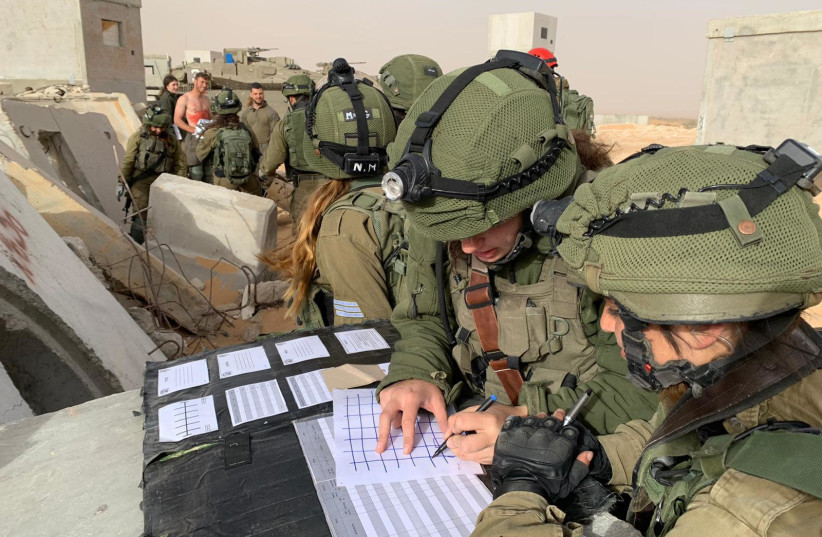The revelation of this alleged Israeli involvement was unusual in that generally Israel prefers to keep a low profile if it undertakes such attacks.

There were calls over the weekend by Israeli defense officials to probe the leak of an alleged sensitive IDF operation against Iran to foreign media.
Earlier this week, The New York Times reported that Israel notified the US that it was responsible for Tuesday’s attack on an Iranian cargo ship which was a central pillar of the Islamic Revolutionary Guards Corps intelligence apparatus in the region.
Iran’s Foreign Ministry spokesman confirmed on Wednesday that the Saviz was slightly damaged in the Red Sea off the coast of Djibouti around 6 a.m. on Tuesday due to an explosion, though they had not reached a conclusion about the cause.
The revelation of this alleged Israeli involvement was unusual in that generally Israel prefers to keep a low profile if it undertakes such attacks in order to provide the attacked-side, here Iran, an alibi to save face and avoid needing to retaliate.
While leaks months after an explosion at a key Iranian nuclear facility in July 2020 eventually seems to have led to Israel, there was an elaborate public relations campaign to point the finger in other directions.
In contrast, such a quick almost real-time taking credit increases the prospect of retaliation by the Islamic Republic.
Haaretz and others have reported that an individual who leaked the operation’s details asked the reporter to wait with its publication, after the defense establishment had decided to postpone it by one day.
The operation was reportedly classified as high-risk for the soldiers involved and was planned as part of a wider strategy by the Defense Ministry to prevent Iran’s further establishment in Syria and elsewhere in the Middle East.
The fact that such a sensitive operation was leaked raised concerns among Israel’s top security officials, which stressed that publishing any information about the operation beforehand would put lives at risk.
Eventually, the operation was successfully carried out a day after its original date. Its details were then published by the media outlet that originally received the leaked information – presumed to be The New York Times.
There appear to be two versions of the leak.
In one version, an Israeli official updated a counterpart American official with the understanding that the US would keep the information confidential.
This was based on understandings followed in recent years as a condition for Israel being more open with the US.
In another version, the Israeli leak to the US, or in some other fashion to the media, was illegal, and may need to be investigated.
Some sources are pointing fingers at the US, while others are implying rival defense or intelligence officials within Israel.
The Prime Minister’s Office and Defense Minister Benny Gantz had not commented by press time.
As reported by The Jerusalem Post
